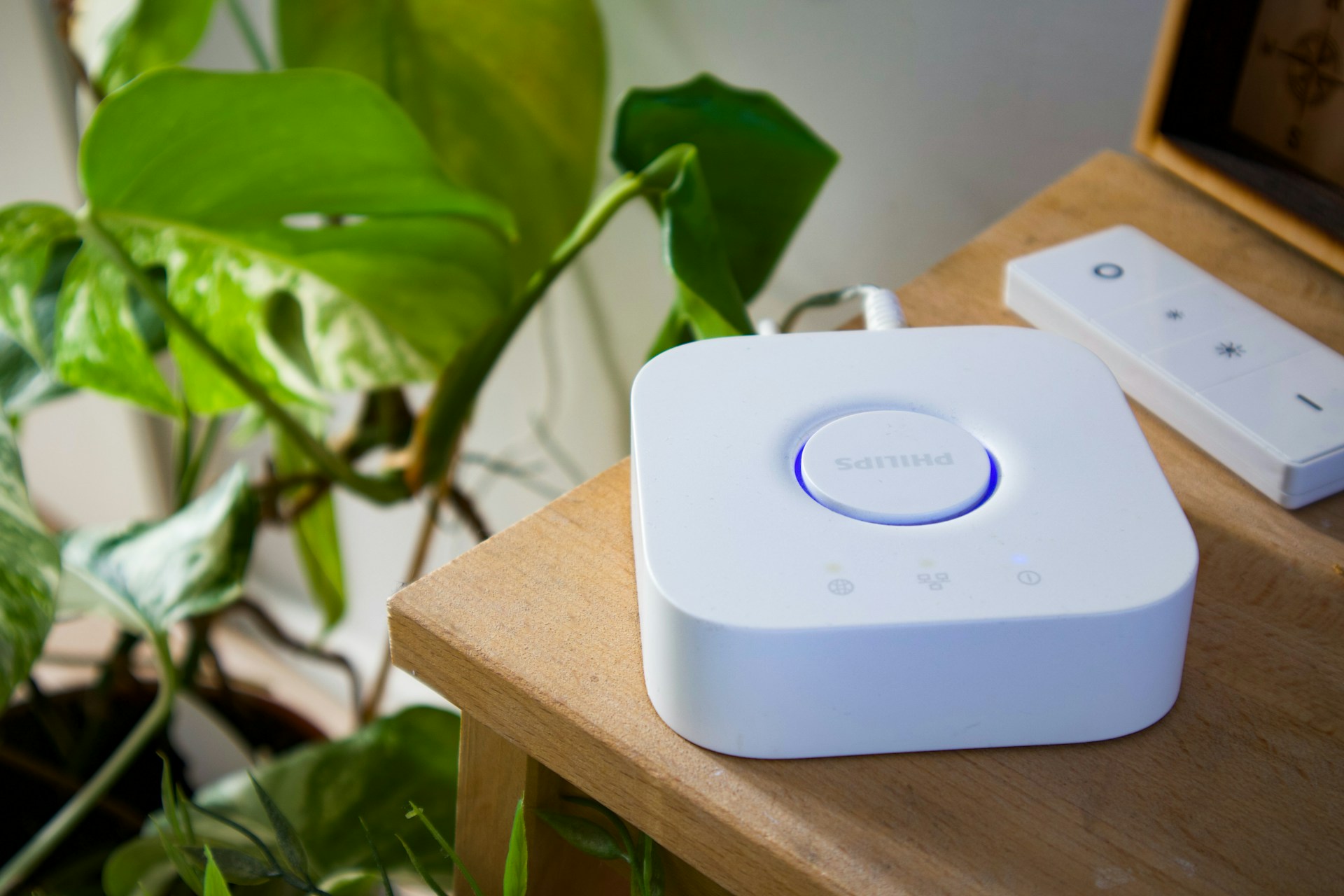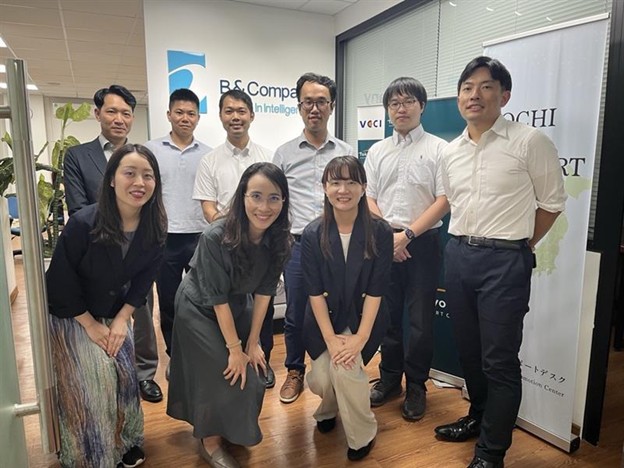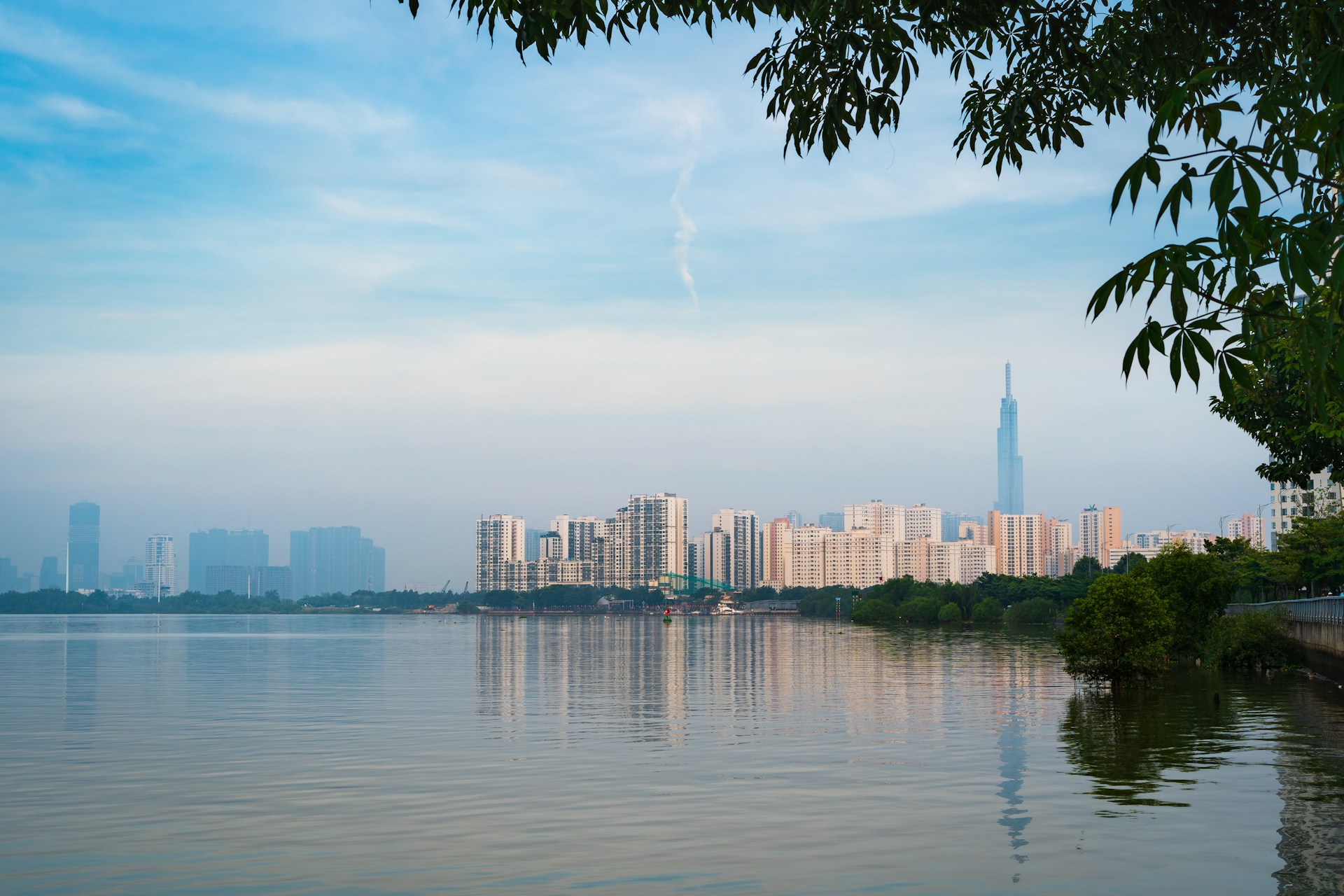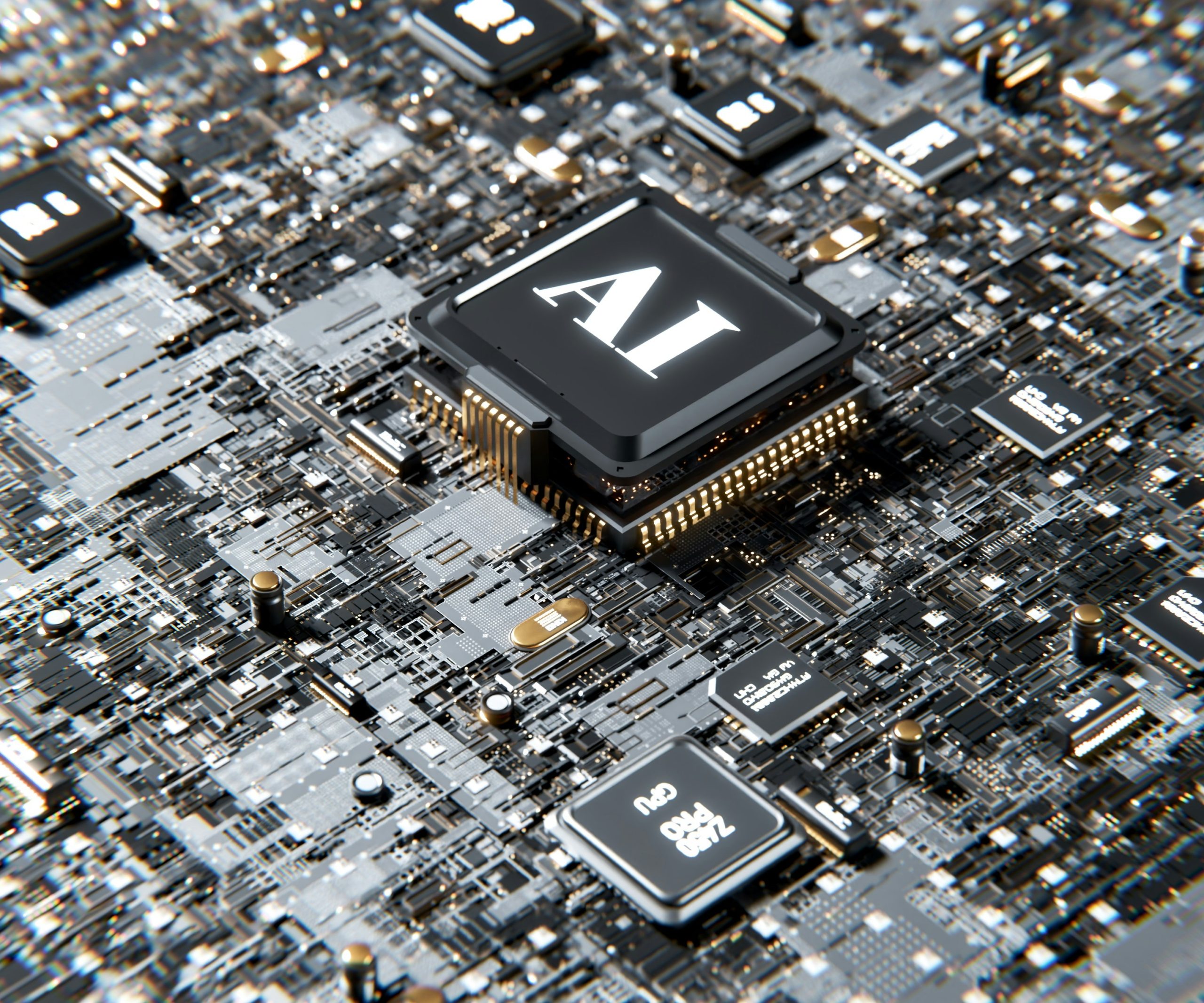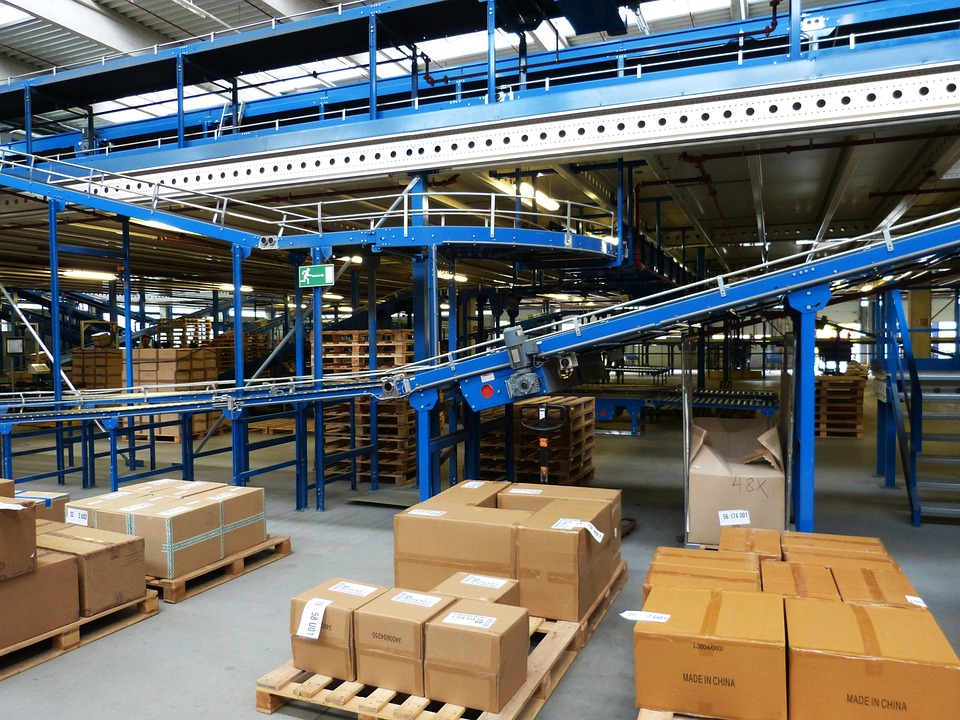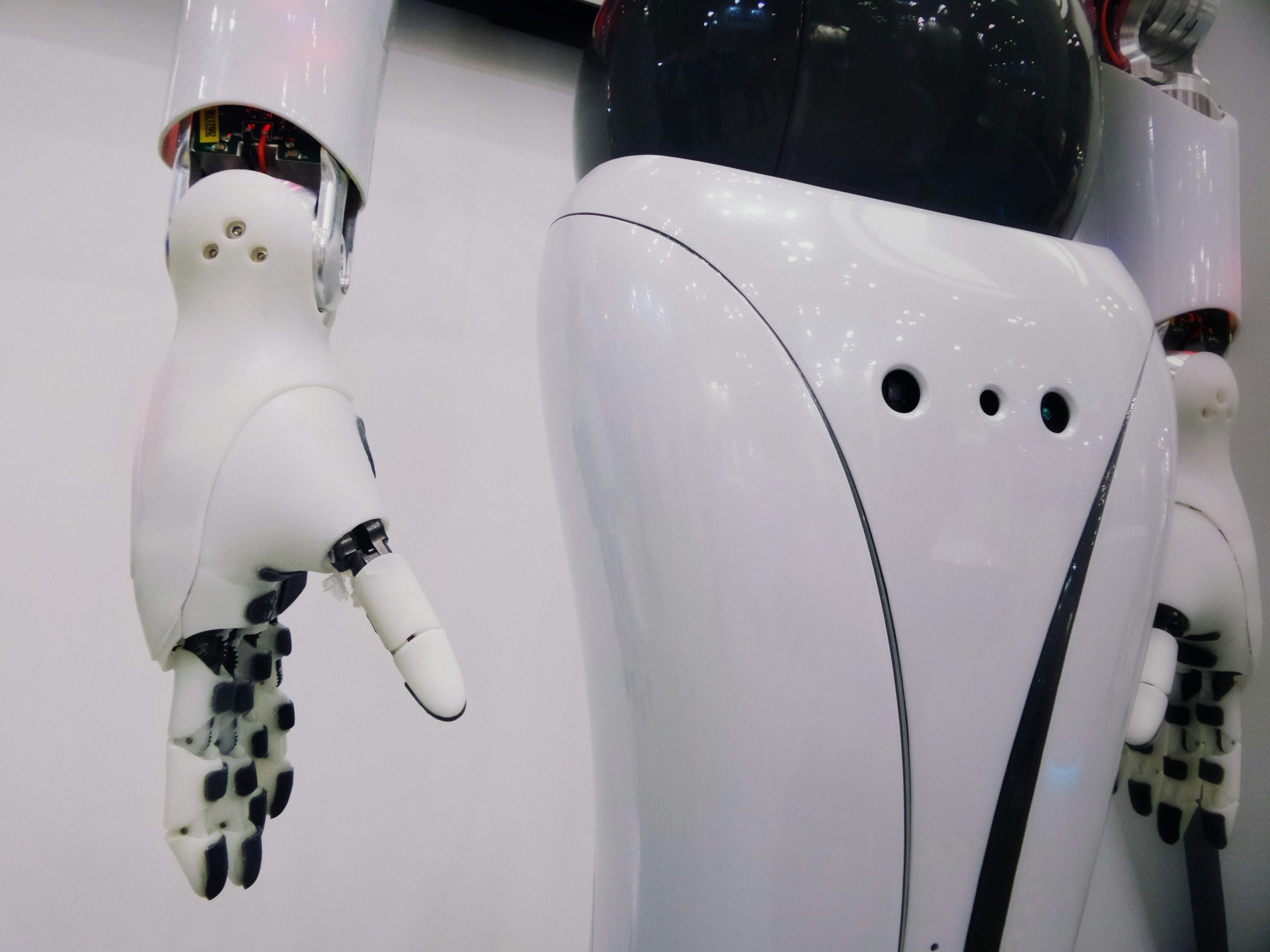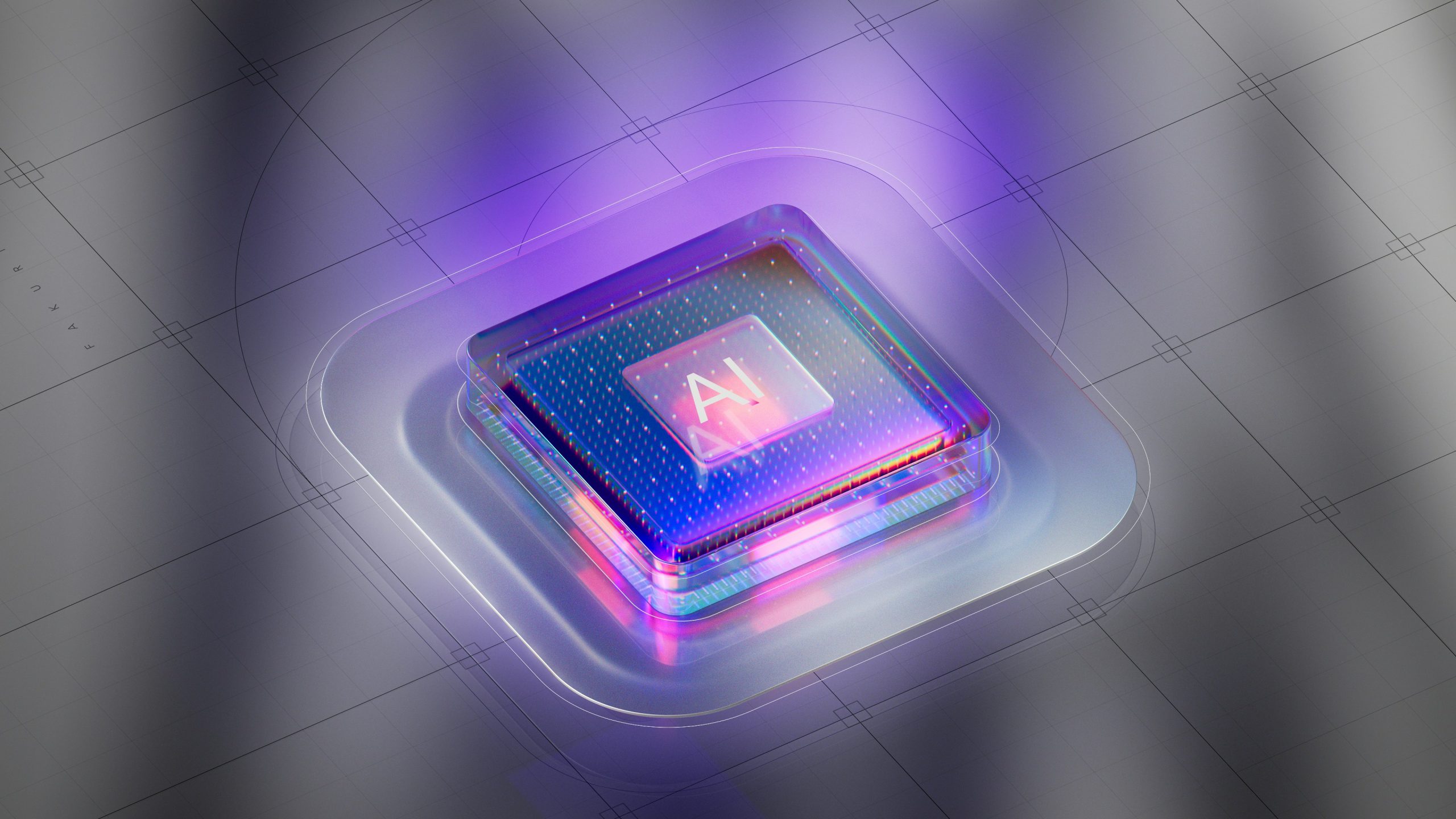
215월2025
최신 뉴스 및 보고서 / 베트남 브리핑
댓글: 댓글 없음.
소개
최근 몇 년간 베트남과 일본의 전략적 파트너십은 기존 산업을 넘어 인공지능(AI)과 같은 최첨단 분야로 확장되었습니다. 디지털 혁신과 기술 자립에 대한 공동의 비전을 바탕으로, 양국 기업들은 베트남의 성장하는 기술 생태계와 일본의 첨단 기술 전문성을 융합하는 협력을 더욱 강화하고 있습니다. 합작 투자, 전략적 투자, 교육 프로그램, 정부 주도 사업 등 AI 협력의 추진력은 양국 경제를 혁신하고 있습니다.
정부 지원 및 전략적 정렬
정부 차원의 양자 지원은 AI 협력의 탄탄한 기반을 제공합니다. 2003년에 시작된 베트남-일본 공동 이니셔티브는 주요 경제 과제 해결을 위한 플랫폼으로 발전했습니다. 2023년에 시작되는 최신 단계(8단계)는 디지털 전환과 AI 통합에 중점을 두고 있습니다.[1]베트남의 국가 디지털 전환 프로그램은 국가 경쟁력 강화를 목표로 하는 목표형 자금 지원, 정책 개혁 및 역량 강화 이니셔티브를 통해 AI 개발을 우선시합니다.[2].
한편, 일본의 Society 5.0 비전은 사회의 모든 측면에 디지털 기술을 통합하는 것을 촉진합니다.[3]이러한 국가 전략은 민관 협력, 규제 혁신, 그리고 인프라 개발을 지원합니다. 또한, 일본무역진흥기구(JETRO)와 일본국제협력단(JICA)과 같은 일본 정부 지원 기관들은 AI, 로봇, 핀테크 분야를 포함한 베트남 기술 스타트업의 혁신을 촉진하기 위한 다양한 사업을 지원해 왔습니다.[4].
AI에 대한 비즈니스 파트너십 및 투자
상업적 측면에서 베트남-일본 AI 협력은 이미 가시적인 성과를 거두고 있습니다. 베트남의 선도적인 기술 기업인 FPT Corporation은 2024년 가동 예정인 AI 공장에 1조 4천억 원(미화 1조 4천억 원)을 투자한다고 발표했습니다. 이 공장은 엔비디아의 첨단 칩과 소프트웨어를 활용하여 대규모 언어 모델, 생성 AI, 자율 시스템을 개발할 예정입니다.[5]. 또한 FPT는 Yamato Holdings와 같은 일본 기업과 양해각서에 서명했습니다.[6] – 고급 소포 배송 및 공급망 솔루션과 TradeWaltz로 유명한 일본의 대표적인 물류 회사[7] – 국제 무역 프로세스를 디지털화하고 간소화하여 AI 기반 물류 솔루션, 데이터 통합 도구, 클라우드 플랫폼을 공동으로 구축하는 블록체인 기반 플랫폼을 제공하는 일본 스타트업으로, 이 모든 것이 글로벌 공급망과 무역 운영을 최적화하는 것을 목표로 합니다.
한편, 베트남과 아시아 전역의 고객에게 IT 서비스와 디지털 전환 솔루션을 제공하는 일본 NTT Data Group의 자회사인 NTT Data Vietnam은 베트남 소프트웨어 회사와 협력하여 AI 기반 비즈니스 인텔리전스 도구를 구축하고 있습니다.[8] 또한, 스마트 시티 기술과 의료 솔루션에 중점을 둔 지역 대학과 협력하여 연구 개발 이니셔티브에도 참여하고 있습니다.
인재 개발 및 지식 전수
인력 개발은 베트남과 일본 간 협력의 핵심 축입니다. 디지털 보증 및 소프트웨어 테스트 전문 기업인 일본의 AGEST Inc.는 디지털 엔지니어링 및 AI 개발 분야의 인재 격차를 해소한다는 사명으로 AGEST Vietnam을 설립했습니다. AGEST Vietnam은 20개 이상의 베트남 대학과 협력하여 머신러닝, 네트워크 보안, 클라우드 컴퓨팅 등 핵심 분야의 교육과정 설계 및 자격증 프로그램 제공을 지원하고 있습니다. 이를 통해 기술 분야에서 인력 부족에 직면한 베트남 기업과 일본 기업 모두에게 도움이 되는 인재 파이프라인을 구축하는 것이 목표입니다.[9].
이러한 이니셔티브는 STEM(과학, 기술, 공학, 수학) 교육을 촉진하기 위해 베트남 기관과 협력하는 일본 국제 협력 기구(JICA)와 같은 보다 광범위한 교육 파트너십을 보완합니다.[10]장학금, 인턴십 및 교환 프로그램도 증가하여 베트남 학생들이 일본의 AI 연구 환경에 접근할 수 있게 되었습니다. [11].
사례 연구: AI의 실제 활용
가. 교육
AI에서 응용 협력의 주목할 만한 예 중 하나는 다음과 같습니다. 아카트랜스베트남 FPT Corporation에서 개발한 AI 기반 번역 도구입니다. AkaTrans는 수백만 개의 문장 쌍을 학습한 인공신경망 기계 번역 모델을 사용하여 특히 IT 관련 문서의 일본어-베트남어 번역 정확도를 향상시킵니다. 원래 일본 고객을 위한 프로젝트에서 엔지니어와 번역가를 지원하기 위해 설계된 이 도구는 기술 분야의 언어 격차를 해소하고 양국 간 무역, 교육, 관광 분야의 소통을 향상하는 데 기여합니다.[12].
b. 의료 분야
일본이 지원하는 베트남의 AI 이니셔티브는 혁신적인 진단 기술을 통해 의료 분야를 발전시키고 있습니다. AI를 이미지 분석에 활용하는 이러한 도구는 의사가 암과 같은 질병을 더 빠르고 정확하게 진단할 수 있도록 지원합니다. 대표적인 사례로 T-마츠오카 메디컬 센터와 후지필름이 협력하여 개발한 누라(Nura) 건강 검진 모델을 들 수 있습니다. 이 모델은 암 진단을 포함한 빠르고 정확한 건강 검진을 제공합니다.[13]이 모델은 하노이, 다낭 등 베트남의 주요 도시의 병원에서 이미 테스트되고 있습니다.
 |
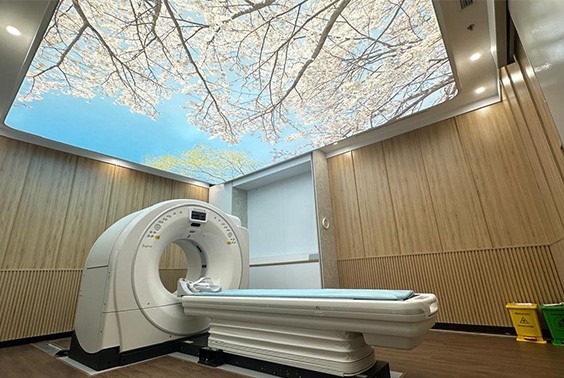 |
| 새로운 NURA의 입구 원천: 후지필름 |
새로운 NURA에 CT 스캔 설치 원천: 후지필름 |
c. 농업
일본은 농약 사용을 줄이기 위해 해충 발생을 예측하는 스마트폰 앱 등 농업 분야에서 AI 응용 프로그램을 개척했습니다.[14]베트남에서도 농업 효율성과 지속가능성을 높이기 위해 유사한 AI 기반 기술이 도입되고 있습니다. 예를 들어, 메콩 삼각주의 농부들은 정밀한 비료 살포를 위해 드론을 활용하고 있으며, 이는 자원 절약뿐만 아니라 인건비 절감에도 기여합니다. 이러한 혁신은 현재 베트남에도 도입되고 있으며, 메콩 삼각주와 같은 지역의 농부들은 농업 효율성과 지속가능성을 개선하기 위해 유사한 AI 기반 도구를 도입하고 있습니다.
베트남에서도 농업 효율성과 지속가능성을 강화하기 위해 유사한 AI 기반 기술이 도입되고 있습니다. 예를 들어, 메콩 삼각주의 농부들은 정밀한 비료 살포를 위해 드론을 활용하고 있으며, 이는 자원 절약뿐만 아니라 인건비 절감에도 도움이 됩니다. 또한, 초집약형 새우 양식과 같은 양식업에서는 환경 조건을 모니터링하고 생산량을 최적화하기 위해 AI 기반 시스템이 활용되고 있습니다.
도전과 앞으로의 길
이러한 긍정적인 발전에도 불구하고, 과제는 여전히 남아 있습니다. 언어와 문화적 차이는 협력을 어렵게 만들 수 있습니다. 또한 베트남의 도시와 농촌 지역 간의 디지털 격차는 AI 도구의 광범위한 도입을 저해할 수 있습니다. 더욱이 일본의 전통적으로 보수적인 기업 변화 접근 방식은 공동 혁신의 속도를 늦출 수 있습니다. 그러나 장기적인 전망은 매우 낙관적입니다. 베트남이 첨단 기술 분야에 대한 외국인 직접 투자를 지속적으로 유치하고 일본이 공급망과 인재원을 다각화하려는 상황에서 AI 협력은 양국 관계의 핵심 축이 될 것으로 예상됩니다. AI 중심의 사업 대표단, 혁신 허브, 그리고 국경 간 인큐베이터의 설립은 진전을 더욱 가속화할 수 있습니다. 양국 간 R&D에 대한 정부 지원금 확대와 양국에서 활동하는 AI 스타트업에 대한 새로운 인센티브 제공 또한 이러한 모멘텀을 유지하는 데 도움이 될 것입니다.
결론
인공지능 분야에서 베트남과 일본 기업 간 협력 확대는 양국의 전략적 선견지명과 상호 신뢰를 입증합니다. 산업 AI 적용부터 교육 협력 및 정책 공조에 이르기까지, 이 파트너십은 단순히 발전만을 위한 것이 아닙니다. 정부, 대학, 기업의 강력한 지원을 바탕으로 베트남과 일본은 시민, 기업, 그리고 더 나아가 아시아 태평양 지역 전체에 도움이 되는 AI 생태계를 공동으로 구축할 준비가 되어 있습니다.
[1] https://vietnamnews.vn/economy/1689178/viet-nam-japan-joint-initiative-undergoes-mid-term-review.html
[2] https://vietnamlawmagazine.vn/maximum-support-for-data-industry-to-turn-vietnam-into-digital-nation-party-chief-73807.html
[3] https://vju.ac.vn/en/japans-society-5-0/
[4] https://vir.com.vn/inno-vietnam-japan-fast-track-pitch-2023-comes-to-hanoi-106121.html
[5] https://www.reuters.com/technology/vietnams-fpt-invest-200-mln-ai-factory-using-nvidia-chips-2024-04-23/
[6] https://english.thesaigontimes.vn/fpt-partners-with-japanese-firms-to-boost-digital-transformation/
[7] https://www.tradewaltz.com/en/news/1361/
[10] https://www.jica.go.jp/english/overseas/vietnam/activities/index.html
[11] https://vietnamnews.vn/society/1689873/japan-to-offer-scholarships-for-vietnamese-students.html
[12] https://fptsoftware.com/newsroom/news-and-press-releases/news/akatrans-an-it-translation-tool-using-ai-developed-by-fpt
[13] https://www.fujifilm.com/vn/en/news/hq/11563
[14] https://dig.watch/updates/japanese-farmers-turn-to-ai-to-combat-pests?utm_source=chatgpt.com
* 본 기사의 내용을 인용하고자 하시는 경우, 저작권을 존중하여 출처와 원 기사의 링크를 함께 명시해 주시기 바랍니다.
| 비앤컴퍼니
2008년부터 베트남에서 시장 조사를 전문으로 하는 최초의 일본 기업입니다. 업계 보고서, 업계 인터뷰, 소비자 설문 조사, 비즈니스 매칭을 포함한 광범위한 서비스를 제공합니다. 또한, 최근 베트남에서 900,000개 이상의 기업에 대한 데이터베이스를 개발하여 파트너를 검색하고 시장을 분석하는 데 사용할 수 있습니다. 문의사항이 있으시면 언제든지 문의해주세요. info@b-company.jp + (84) 28 3910 3913 |







